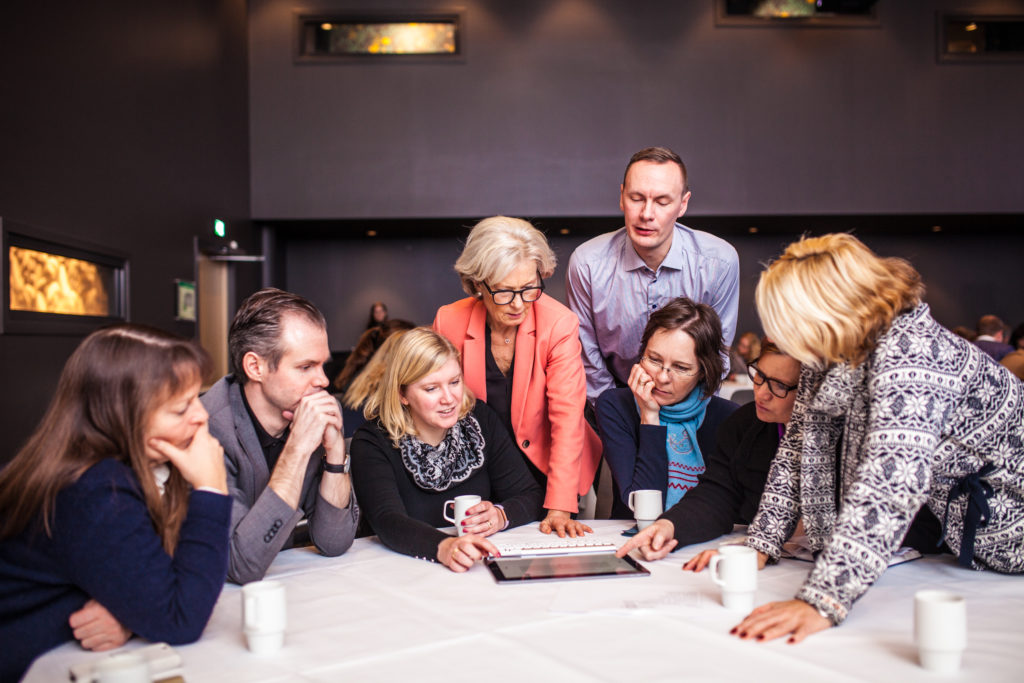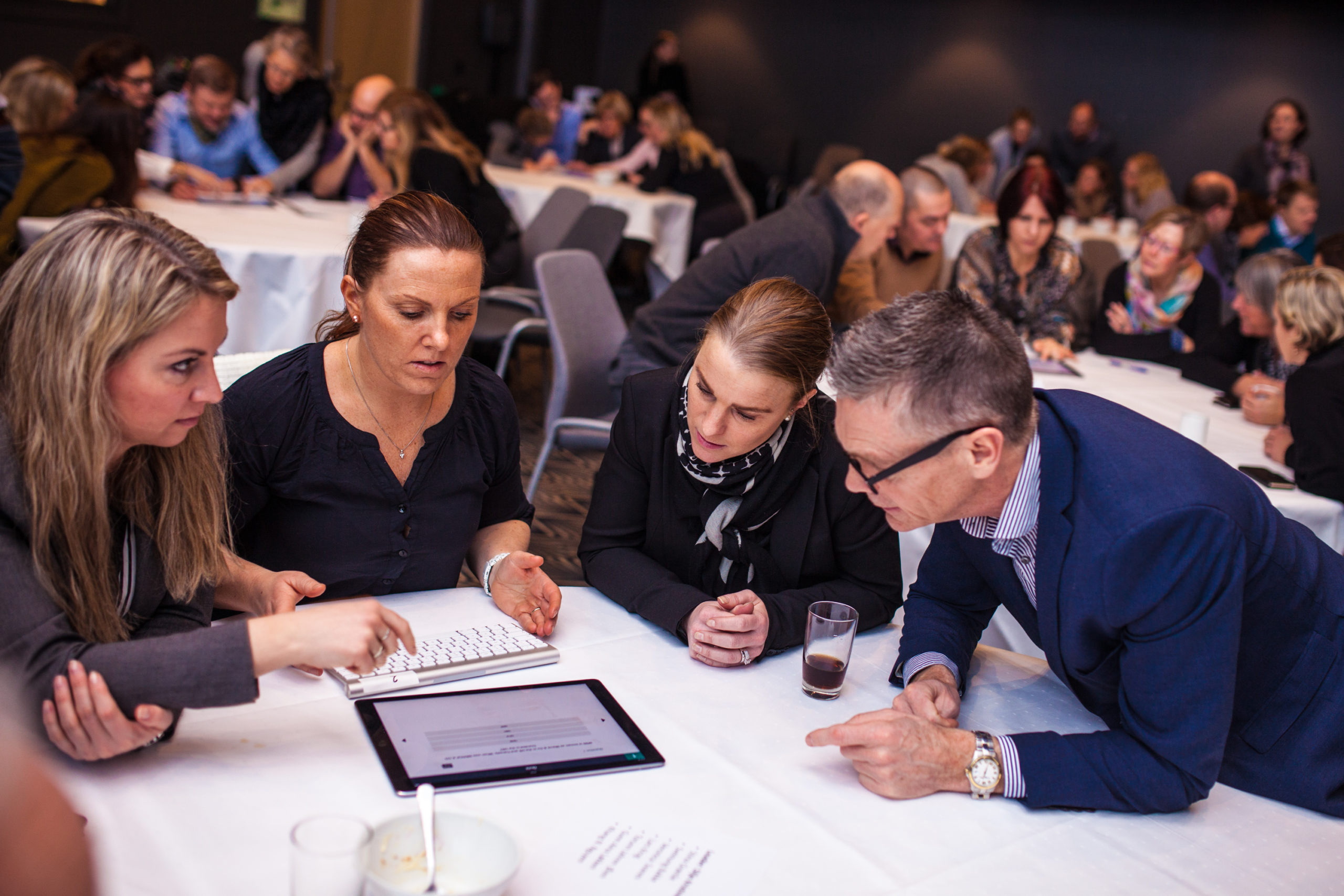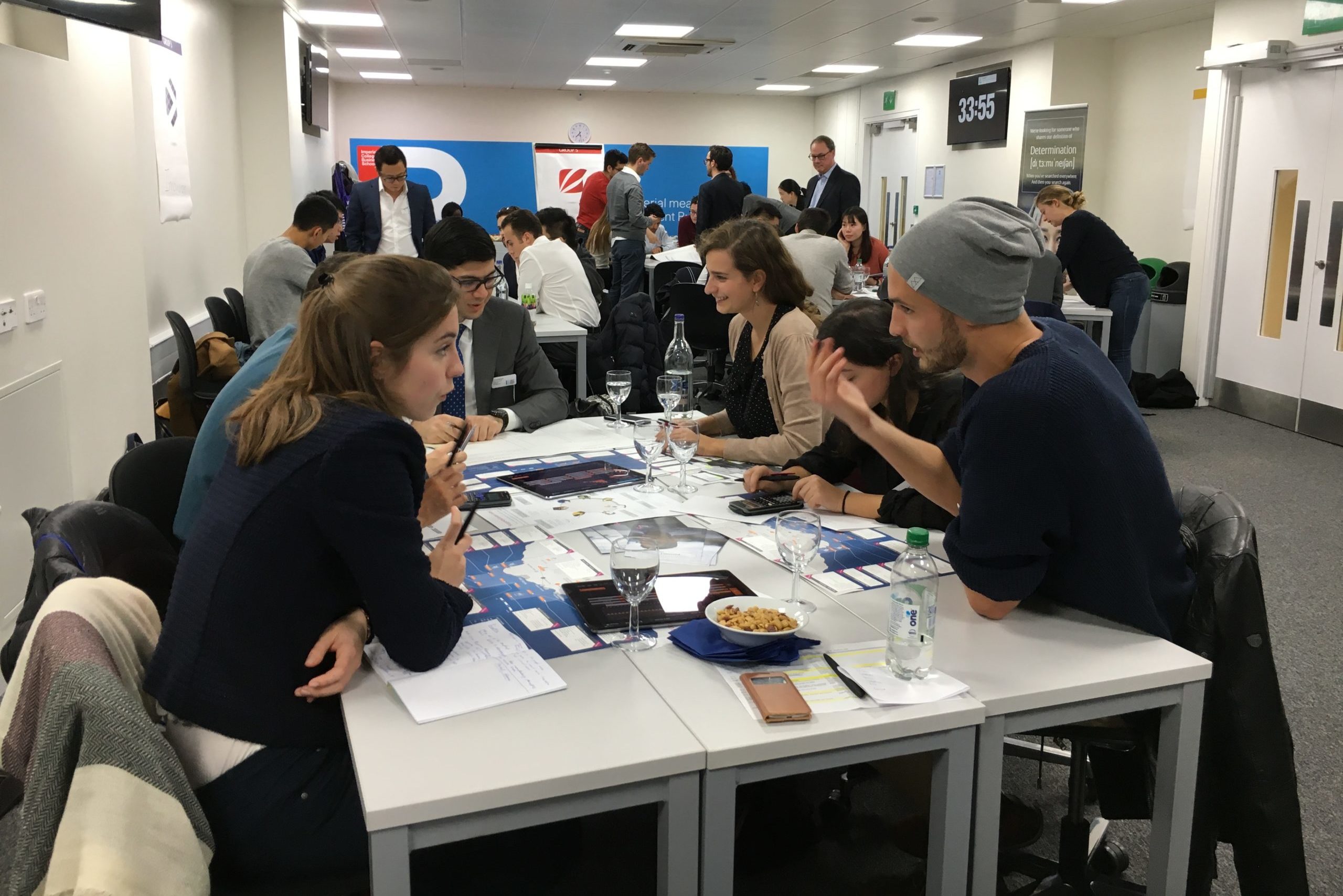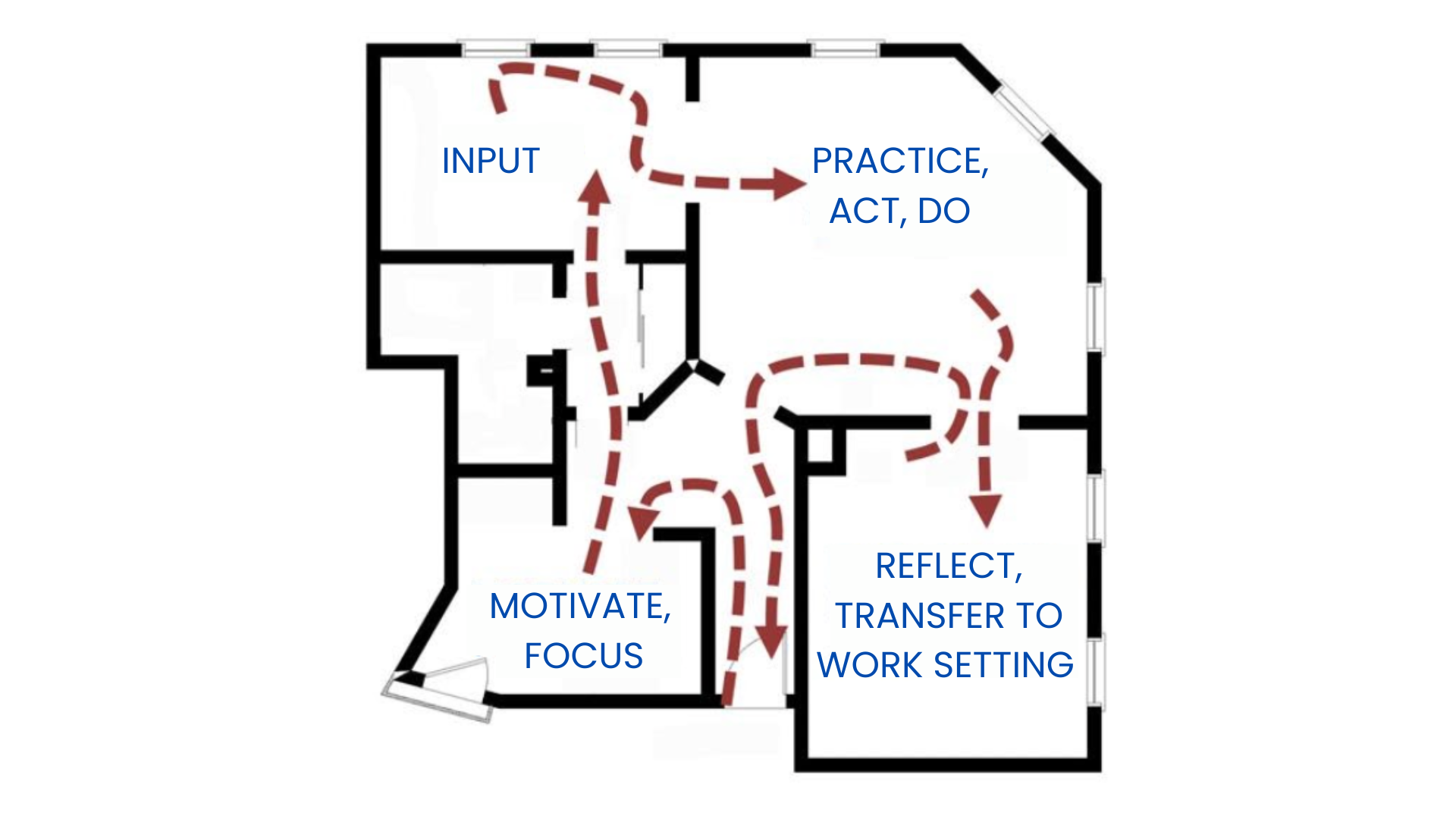For impactful learning, the selected tools and methods should cater to diverse needs. A sustained dialogue over time is crucial. By Lasse Jalling - Partner and learning architect
Learning involves evolving and applying fresh insights. Our approach emphasises continuous growth in knowledge, skills, and behaviour. Recognizing that everyone has distinct backgrounds and absorbs information differently, we lean on research which suggests that adults thrive when they challenge their understanding, exchange experiences, and collaboratively explore new perspectives to address challenges.
When applied effectively, theoretical models offer valuable perspectives on our practices and behaviors. Simultaneously, we assert that the invaluable experiences and skills of participants play a crucial role in their growth. Research highlights that the most impactful learning arises when it resonates with real-life situations.
We’re strong advocates for change rooted in deep understanding—be it grasping overarching structures and settings, the drive to evolve, clarity on one’s function and potential, ongoing assessment of tools, and beyond. A direct connection to day-to-day professional life is the cornerstone for effective behavioural shifts. Moreover, diversifying the application of tools and strategies is essential for lasting transformation.
While individual learning methods, such as self-study and e-learning, seamlessly integrate into a curriculum to lay a foundation for knowledge objectives, our extensive experience from diverse development initiatives confirms that engaging with peers and addressing challenges collaboratively, or with guidance from mentors and support from team members, cultivates a unique depth of understanding, perspective, and skill enhancement. Hence, any effective training program should strike an optimal balance between personal, collaborative, and organizational dimensions.
Andradogy at the forefront
Our pedagogical philosophy is deeply rooted in the fundamental principles of andragogy, championed by luminaries like John Goodlad. To guide our learning design, we employ the “The Four Rooms of Learning” model. This comprehensive framework captures the essential components required in any educational journey. Its inception was helmed by Øystein Ramseng, drawing from the insightful learning theories propounded by Klas Mellander.
- Participants must be motivated – and their enthusiasm nurtured consistently. It’s essential to inspire and sustain their motivation in diverse ways.
- Participants must acquire new insights – not only from structured lessons or theories but also from sharing personal experiences and skills.
- Participants must practice what they learn – and then practice some more.
- Participants must be given the opportunity to reflect on the relevance of the discussions to their daily tasks.
The learning journey is dynamic and multifaceted. Depending on the situation, one might initiate with sparking motivation or dive into reflecting on the participants’ current challenges, weaving in the other elements as the process unfolds.
In our approach to educational methods, we emphasize two key elements: Firstly, we prioritize techniques that immerse participants in hands-on, practical challenges. Secondly, we ensure space for personal self-reflection throughout the learning journey, be it structured or free-form. This self-reflection is crucial, as it empowers learners to deeply integrate and truly own the new knowledge they’ve acquired.









